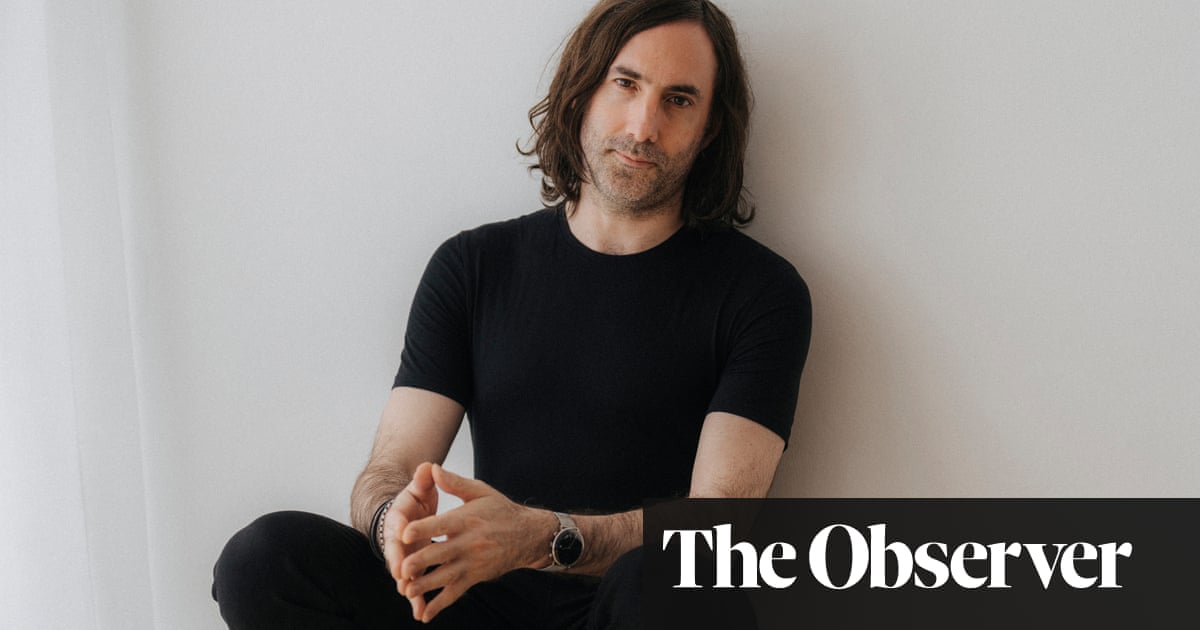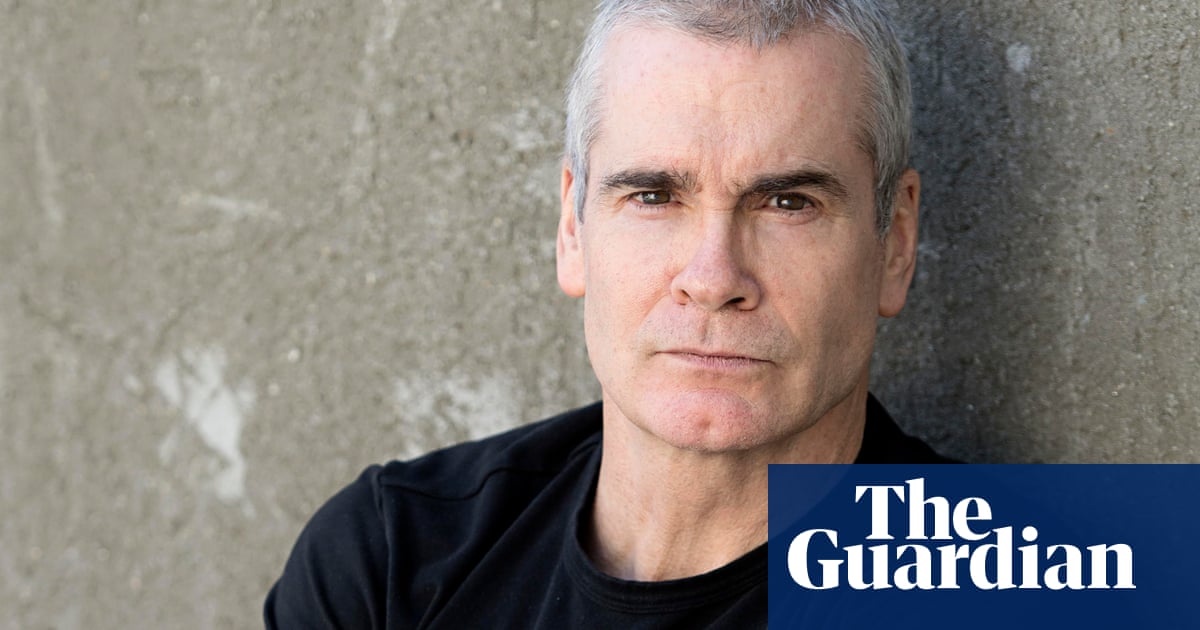
At the beginning of lockdown, so I wouldn’t be alone all day, I went to hang out with my husband at his art studio. I started playing with clay again, something I hadn’t done much since leaving art school decades before. I was in the studio when Grayson started his Art Club with Channel 4 and thought I’d make things and chip in. Many people contacted the show to share their artwork. Often, like me, they’d not picked up a brush for a long time, or this was the first time they’d attempted art. We heard so many stories about how people benefited from making things and the confidence they gained by getting better at it, I couldn’t help but be inspired to keep pushing myself as well.
I’m pleased to report that I haven’t stopped making art since the cameras turned off and, even after lockdown eased, I’ve carried on. This summer a friend needed some abstract modern art to make her therapy centre seem a bit less clinical. How hard can it be, I thought, to get a canvas and chuck a load of paint at it? Turns out it is very hard indeed. Arranging shapes and colours so they somehow look right took me several months before I had six canvasses I thought might not be too terrible. Now the therapy centre has its canvasses, but I can’t stop. How to arrange paint and form so it looks right has become something of an obsession. You could call it a hobby if you like, but that word isn’t quite serious enough for me.
“Between work and sleep comes the time we call our own. What do we do with it?” asks Laurie Lee at the beginning of Humphrey Jennings’s 1939 film, Spare Time. This 15-minute film shows a montage of, among other activities, amateur dramatics, walking whippets, keeping pigeons, working on the allotment, playing in brass bands, singing in choirs, playing a fair bit of piano, putting on pageants, and going dancing. I wanted to know how people now spend that time between work and sleep and what they get from it, so I put a question out on Twitter to find out. Here is a random selection of replies:
@wuthering_alice: “My knitting is very important to me – it kept me steady during a recent anxiety episode ... I also have a bit of a thing for growing pumpkins. I marvel that something so big comes from a tiny seed.”
@saraheley: “Learned Polish ... it woke up my brain from rather a long fog. It improved my memory. It made me realise how much humans love to connect ...”
@TobyMalcolm: “I spend most of my evenings in the world of virtual aviation flying all over the world in my flight simulator ... My cats love it too.”
@agnesvirtually: “Playing the violin’s my cerebral and spiritual practice. I feel sight reading does me better than crosswords ...”
@Andromeda: “I started learning piano five years ago as a distraction from a scheduled heart op. Since then I’ve played every day. It’s a calm place in my head.”
@Helenus_: “Got a lifelong passion for archaeology and now I’m older I’m getting even more obsessed. Enriches your life wherever you go ...”
@katywayne: “Horse riding: the best therapy... The only time I think about nothing else in my life except the horse and my surroundings.”
@tuppenybunch: “My passion is running a local litter-picking group. I love meeting new people and cleaning up the community.”
The variety of different activities we do is huge. We collect everything from Viennese glass to found shopping lists, we educate ourselves about things as diverse as front crawl or Chinese calligraphy. We knit, we fish, we fellwalk, we still do amateur dramatics and we practise and get better at it. It’s good for us to get better at something and learn new things. It makes us feel more in tune with our bodies, more engaged with our minds and more connected with our world. And I was warmed and moved by what everyone who replied to me got from their passions, obsessions, pastimes and, yes, hobbies. And I think probably the most important thing we get from these things we love doing but, do not have to do, is purpose and meaning. It’s harder to get depressed when you feel you have those two things in your life.
Sometimes we make the mistake of believing we must be good at something to do it, luckily that was not the attitude of the community choir I joined. I didn’t make great improvements in my singing, but I loved being part of a joint effort and I made some good friends.
I expect Observer readers are familiar with the concept of “The Comfort Zone”. There are some things we feel confident about, some we are hesitant about trying. Far outside our comfort zones are goals we might find attractive but don’t dare to approach. Maybe 2022 is when we dare? Not all in one leap, but in increments by doing the thing we are merely hesitant about as a stepping stone. When you do something in one area, say, learning to ride a bicycle competently, the surprising thing is that it invariably improves overall confidence in other areas, too.
Perhaps after learning to ride a bike we might try a unicycle, then hang-gliding? Or learning Arabic, or whatever it is that appeals. We tend to think stress is bad, but there is such a thing as good stress. This creates positive stimulation, pushing us to learn new things and to be creative, but not so overwhelming that it tips us into panic. Learning things causes us to form new neural connections and the more of these we have is probably for the better. If a part of your brain were to, God forbid, die off, the more neural connections you have, the sooner other parts of the brain could link up to go around the damaged part. So let’s get learning, make neural connections and gain new satisfaction from pastimes, skills, interests and erudition.
Do something new, or build on something you’ve already got. As Lee narrated at the end of the Jennings film: “Spare time is a time when we have a chance to do what we like, a chance to be most ourselves.”












